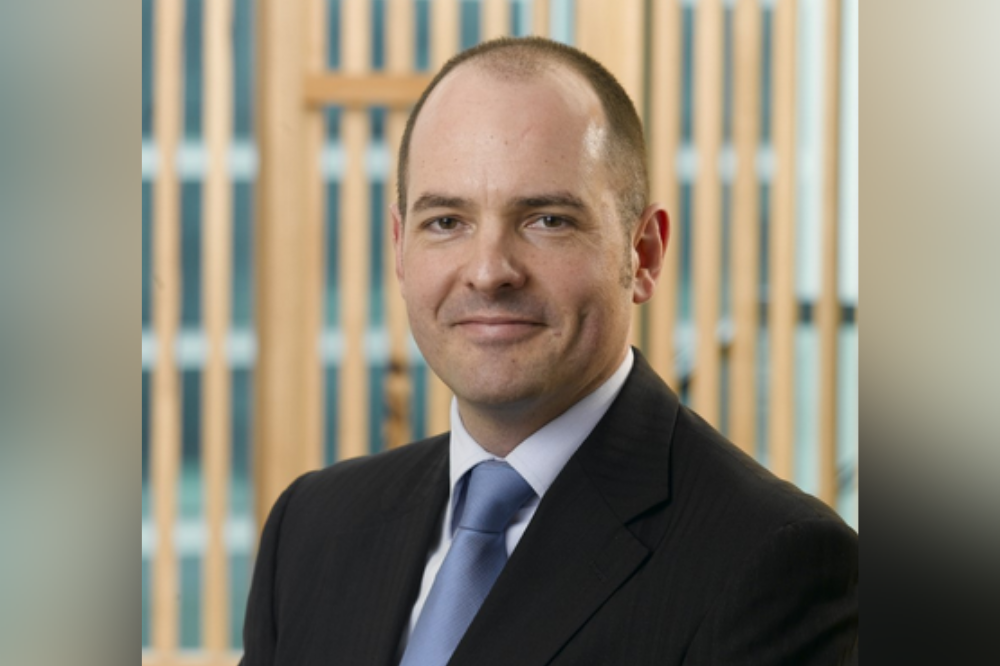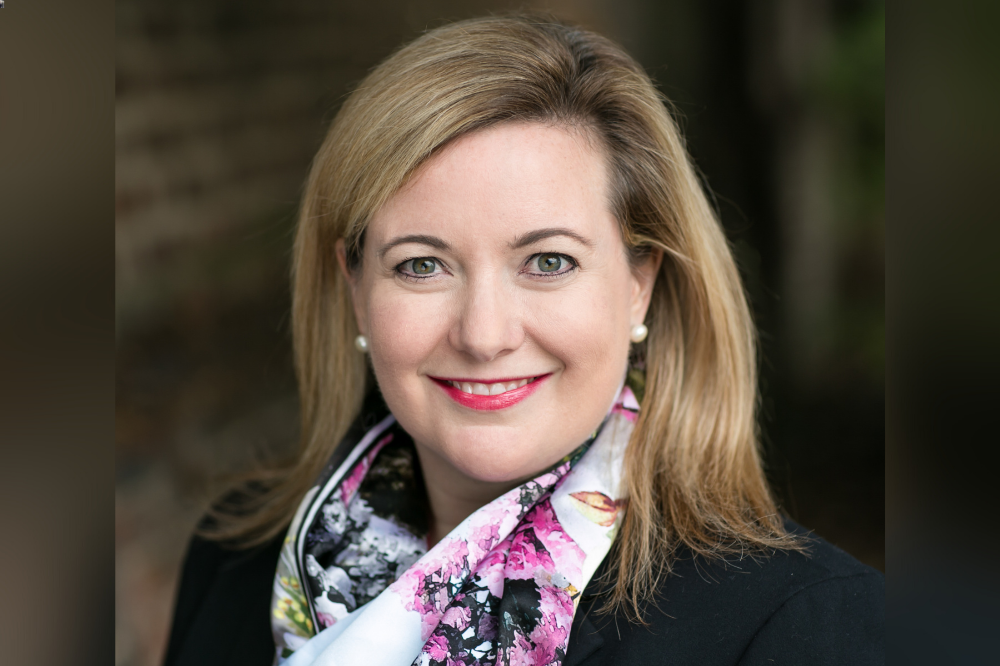![]()
“It’s much more ‘softly, softly’ which I think is a great approach [as] it’s moving away from the hard telesales approach of ‘we can beat you on price’ which a lot of clients just aren’t interested in because they want the renewal retention. And I think they’ve realised the sort of leads you can achieve from that former approach are the wrong sort of leads because they will just move for a fiver next year.”
This advice-centric ethos has come into its own during the COVID-19 period as consumers have come to rely on updates, support and insights from their insurance providers more than ever. The pandemic also accelerated the digitalisation shift around marketing efforts that has been happening for several years now, Brown said, and which is now entering a new phase.
As new digital channels became first available and then popular, he said, more and more brokers sought out support in digitising their business and in seizing the opportunities afforded by the new marketing opening that sprung up alongside these channels. But while, from a communications perspective, the last few years have been about making brokers digital-first, that box has now been ticked.
“The shift we’re seeing now is doing digital right and brokers are looking much more closely at the digital journey,” he said. “There has never been a better time for brokers to review [their digital journey] and make sure it’s fit for purpose. Because there’s a sense around digital that people are saying ‘we’re there now’ but you don’t want to forget everything else.”
Read more: Why it’s crunch time for the reputation of the insurance industry
The team at BrandBrown is seeing more people than ever requesting physical brand assists, whether that’s something as simple as business cards or as complex as company brochures. It can take some time to re-adjust to the fact that people are back out there and meeting in person, he said, and firms can’t afford to be too complacent when meeting the blended demand for digital and more traditional materials expressed by consumers.
“It’s about having a real look at their needs,” he said. “And those can vary between every business. For instance, we are working with one broker that’s supporting a high profile event and that needs to be done in a certain way, which could be completely different to somebody that’s, say, running a scheme but wants everything filled in digitally because that’s the way their business has gone.”
The time is right to review these digital processes not just because the world has gone through such a significant change in the way everybody works, he said, but also because this change has extended to the way brokers are prospecting. Done right, he said, the appropriate marketing strategy is critical not just to discerning the right channels through which customers want to be reached but also the frequency of communication required.
Getting that frequency right is critical to developing strong, lasting relationships, he said, but also brings new opportunities for upselling by being at hand with a solution when a problem first comes up within a business.
What’s interesting to note, Brown said, is that marketing inveigles itself into just about every aspect of a business and is not strictly limited to the realm of communication. From recruitment, to corporate social responsibility, to aligning the next strategic step in an organisation’s journey – branding revamps or marketing channel updates create a host of occasions for broking firms to present a renewed face to the market and open themselves up to a new audience.
Read more: Brokers discuss the merits of embracing social media
What has become very clear to Brown over the course of his career, which has seen him take on roles at several high-profile insurance businesses, is that in order to take advantage of the full range of benefits accompanying the right marketing approach, brokers need a bespoke strategy. And for some time, availing of a bespoke offering seemed out of the reach for smaller or more niche businesses as those who recognised the need for marketing support but couldn’t afford to hire a dedicated marketing manager, found themselves unable to really plug that gap.
“When there was that sudden influx into social media and people wanting to digitise their businesses, I was seeing more clients and brokers that wanted help who were being officed template solutions,” he said. “Those have always been around and some of them are very good, but brokers started to recognise if they did that, they would look the same as everyone else.
“Opting for a bespoke model allows you to do as much or as little as you like, depending on your size, your budget, your needs and how fast you want to grow… I always say to clients you need to do this because [your marketing strategy] is now your shopfront, it’s how you’re found and how you stay visible. [But] it has to be very bespoke and your marketing support has to be completely tailored to your needs because no two clients are ever the same, despite being in the same industry.”
Source




















